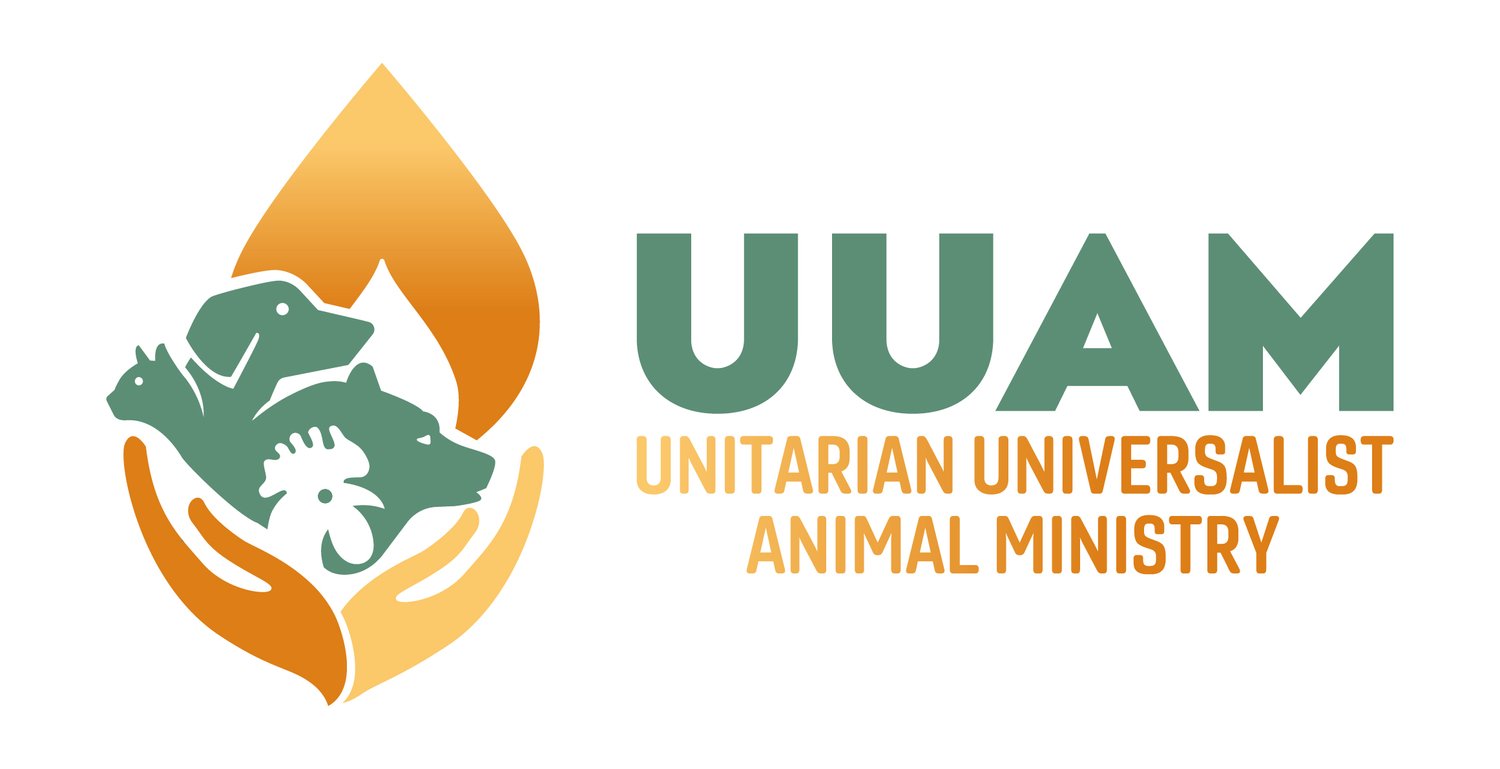Mary Wollstonecraft Shelley
Mary Wollstonecraft Shelley (1797-1851) and her husband Percy Bysshe Shelley (1792-1822) were prominent vegetarians who reflected the Romantic Age ideals of a deep appreciation for nature and the corresponding view that consuming meat was unnatural and unhealthy. As Percy Shelley wrote in his 1813 book A Vindication of Natural Diet: “I hold that the depravity of the physical and moral nature of man originated in his unnatural habits of life…There is no disease, bodily or mental, which adoption of vegetable diet and pure water has not infallibly mitigated.” Shelley gives other reasons for vegetarianism—including the inefficient use of land and feed for meat production and the need to alleviate animal suffering—but his core argument, sometimes overstated a bit, was that a diet that includes meat is fundamentally unhealthy and harmful.
Mary Shelley’s parents were leading intellectuals of the time: William Godwin, a political philosopher, and Mary Wollstonecraft, a women’s rights advocate—with Unitarian connections—and author of A Vindication of the Rights of Women. Mary Shelley is best known for Frankenstein, which she wrote while still a teenager after Lord Byron challenged houseguests to come up with the best horror story. She was a vegetarian, as was her creature in Frankenstein (who was much more complex than the movie version). The creature explained his vegetarianism and overall outlook when pleading with Dr. Frankenstein to create a wife for him:
My food is not that of man; I do not destroy the lamb and the kid, to glut my appetite; acorns and berries afford me sufficient nourishment. My companion will be of the same nature as myself, and will be content with the same fare. We shall make our bed of dried leaves; the sun will shine on us as on man, and will ripen our food. The picture I present to you is peaceful and human.
Unfortunately, constant rejection because of his appearance led to a less than peaceful conclusion. Mary’s story, which she said just came to her in a reverie, was the start of modern science fiction writing, and, interestingly, both Dr. Frankenstein and the creature quote passages from Percy Shelley’s poems.
Son of a wealthy Member of Parliament, Percy Shelley attended Eton and Oxford—though he was expelled just before graduation because of writings critical of the church. His books and poems sold only modestly during his lifetime and were suppressed and sometimes heavily edited because of his controversial views. Rejecting the traditional concept of God, Shelley had a more pantheistic view—a belief that a divine, unifying spirit moves through everything in the universe, which he called the Spirit of Nature or the Soul of the Universe. Shelley had a profound respect for both nature and this natural force.
In “Queen Mab: A Philosophical Poem” (Queen Mab being a Shakespearean fairy who brings people dreams), Shelley describes his vision or dream for the future, which included looking forward to the time when humans no longer defile themselves by killing and eating animals:
And man, once fleeting o’er the transient scene
Swift as an unremembered vision, stands
Immortal upon Earth:
No longer now
He slays the lamb that looks him in the face,
And horribly devours his mangled flesh,
Which, still avenging Nature’s broken law,
Kindled all putrid humours in his frame,
All evil passions and all vain belief,
Hatred, despair and loathing in his mind,
The germs of misery, death, disease and crime.
No longer the winged habitants,
That in the woods their sweet lives sing away,
Flee from the form of man; but gather round,
And prune their sunny feathers on the hands
Which little children stretch in friendly sport
Towards these dreadless partners of their play.
May progress be made toward Shelley’s hopeful vision.
Queen Mab by Arthur Rackham, 1906


